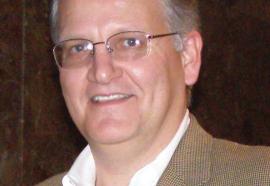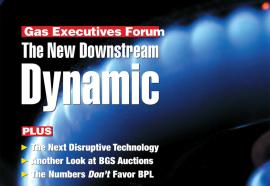The Best Little Nodal Market in Texas
Sweating the details for 2009.
The Electric Reliability Council of Texas (ERCOT) introduced wholesale market competition in 1996, following the organizational change of ERCOT from a pure reliability council to an independent system operator (ISO) the same year. This makes ERCOT one of the earliest adopters of competitive electric markets. Stakeholders and regulators in ERCOT are trying to work out the details of implementing this market.










